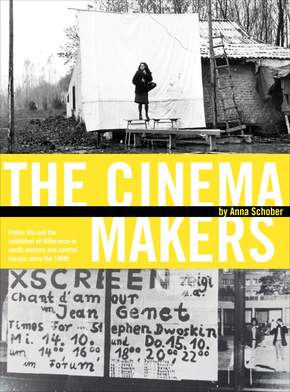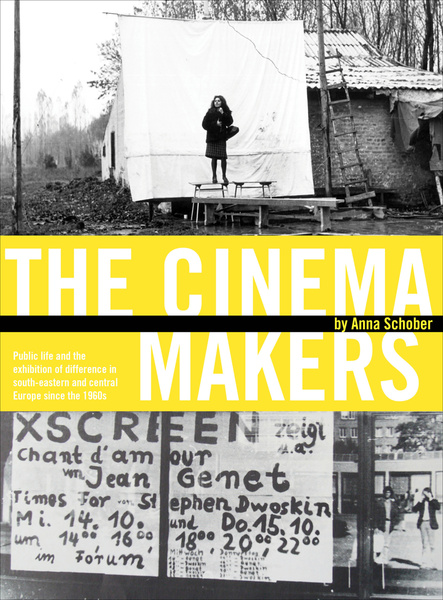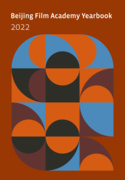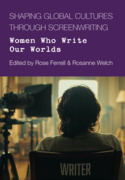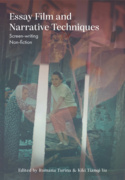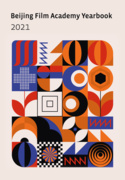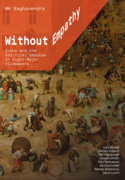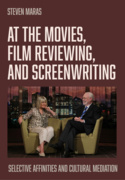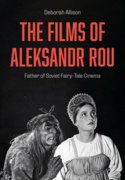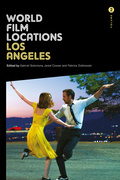The Cinema Makers (Book)
Public Life and the Exhibition of Difference in South-Eastern and Central Europe Since the 1960s
The Cinema Makers investigates how cinema spectators in southeastern and central European cities became cinema makers. Drawing on interviews with cinema activists in Germany, Austria and the former Yugoslavia, Anna Schober illuminates the differences and similarities in the development of political culture and cinema’s role in that development.
Edition
The Cinema Makers investigates how cinema spectators in southeastern and central European cities became cinema makers through such practices as squatting in existing cinema spaces, organizing cinema "events," writing about film, and making films themselves. Drawing on a corpus of interviews with cinema activists in Germany, Austria, and the former Yugoslavia, Anna Schober compares the activities and artistic productions they staged in cities such as Vienna, Cologne, Munich, Berlin, Hamburg, Ljubljana, Belgrade, Novi Sad, Subotica, Zagreb, and Sarajevo. The resulting study illuminates the differences and similarities in the development of political culture—and cinema’s role in that development—in European countries with pluralist-democratic, one-party socialist, and post-socialist traditions.
Anna Schober is the Mercator Visiting Professor at Justus Liebig University Giessen.
Introduction
Chapter 1: In the middle of things: city, cinema and the public sphere
1.1. Cinema’s potential for creating a public sphere
1.2. Difference and the unfamiliar
1.3. The subject in process: rituals, revolt and storytelling
Chapter 2: Movements and places: modern order and the cinema-squats of the 1960s
2.1. Cinema and the modern attempt to eliminate ambivalence
2.2. To become cinema-makers: expanded and other cinemas, the Crni Talas and OHO
2.3. Transnationality: interaction and struggle vis-à-vis official strategies
2.4. Difference, privatized ambivalence and the (informal) public sphere
Chapter 3: Films and urban interventions: the rediscovery of difference since the 1960s
3.1. The migrant guest worker: Fassbinder’s interventions in the projection spaces of the imagination
3.2. The figuration of difference as aesthetic, sexual and ethnic difference in Yugoslav cinema since the 1960s
Chapter 4: Follow-up initiatives
4.1. Violence and humour: cinema activism in times of war
4.2. Enthusiasm and critique: cinema between flash mob, new urban transition spaces and art
'Schober also impressively captures the tone and spirit of 1960s youth culture, its irreverence, its politics and its playfulness.'
'This volume proposes a convincing, refreshing, and inspiring interpretation of almost forty years of film activism in central and south-eastern Europe. This book deserves to be widely read and discussed.'
'Schober’s thorough study represents a compelling stepping-stone to further multidisciplinary work on cinema and urban public'
'The Cinema Makers is, undoubtedly, an interesting work to understand arthouse cinema in terms of production and consumption in fortress Europe and, more importantly, on its mostly unexplored margins. '
'[T]his is an authoritative yet accessible and stimulating study of one of cinema's headiest moments, particularly felt in Schober's ability to covey the character and vitality of 1960s European culture across diverse political environments. '

